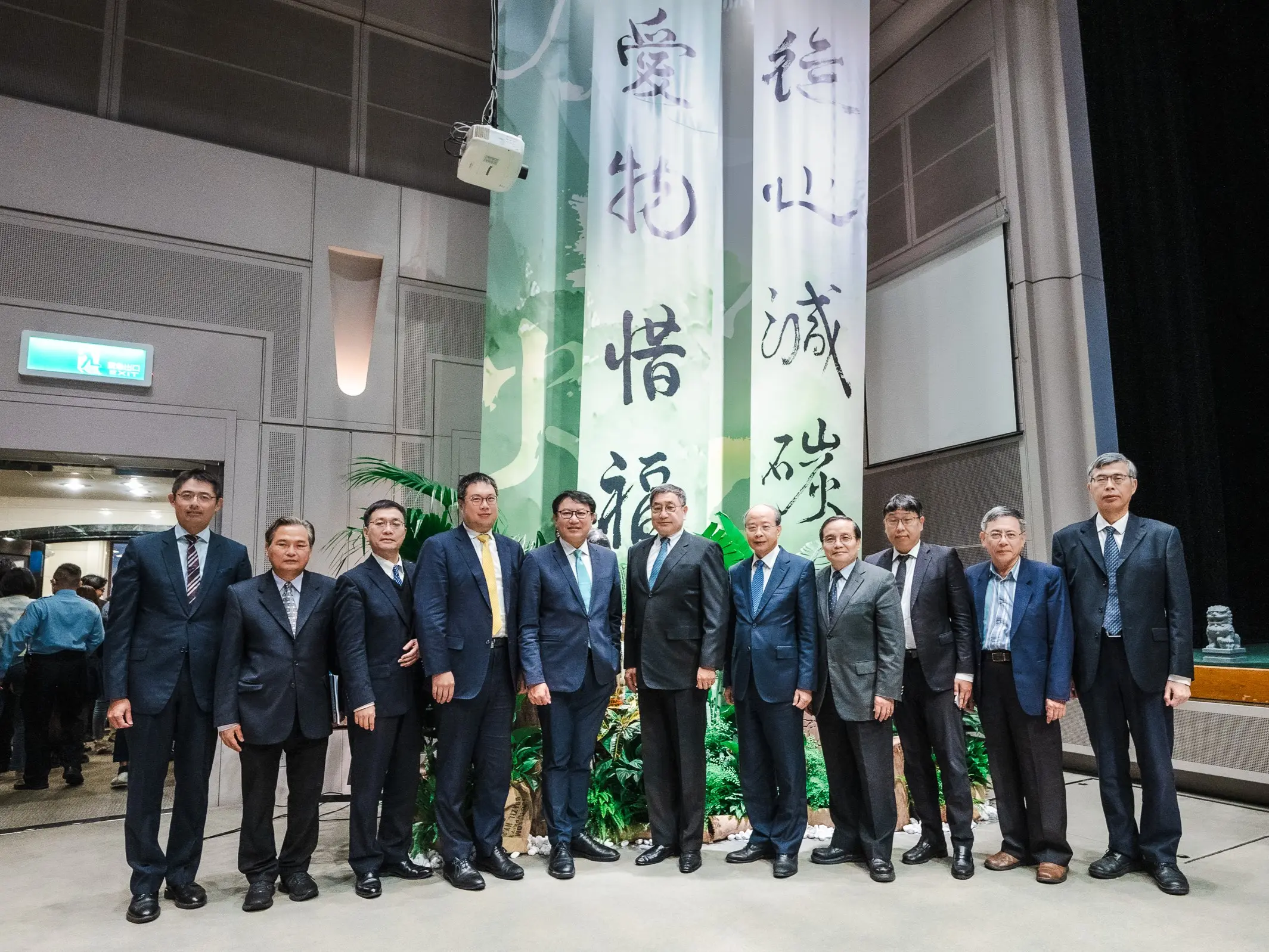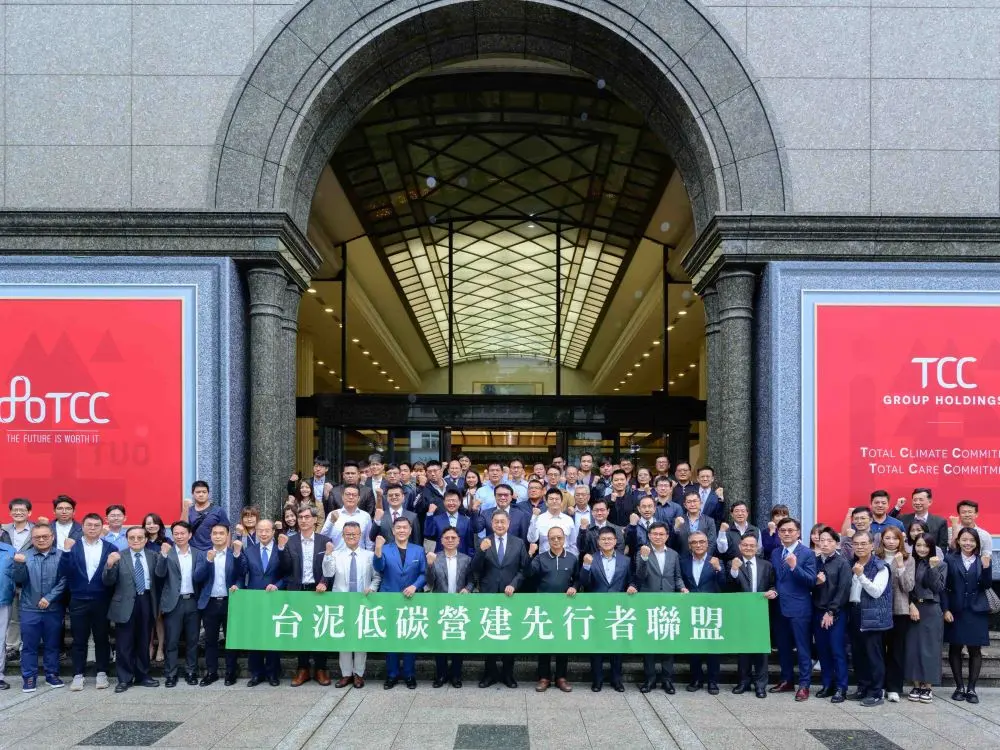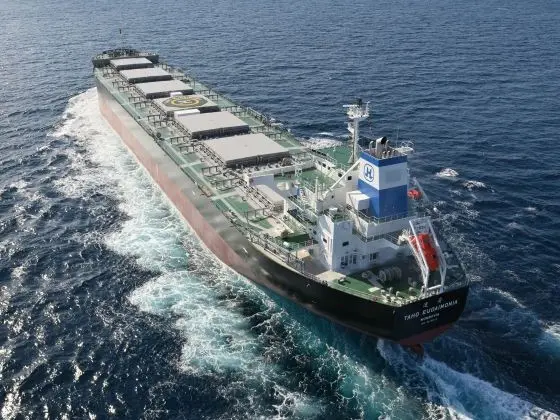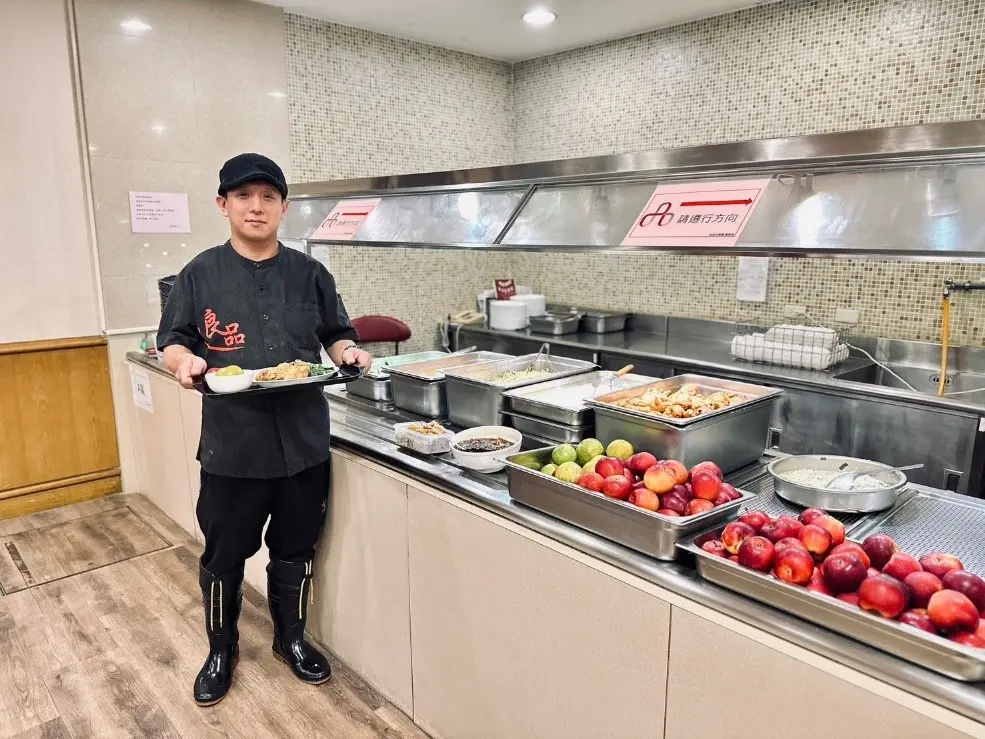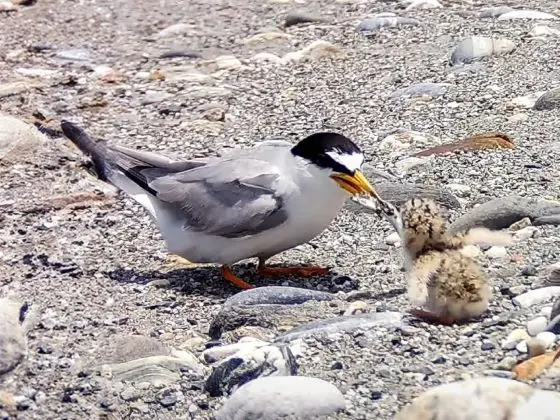Generating Green Energy and Producing Seafood: A Visit to TCC Green Energy's Aquavoltaics Site
- Home
- Sustainable E-newsletter
- Generating Green Energy and Producing Seafood: A Visit to TCC Green Energy's Aquavoltaics Site
Environmental 2024 Vol.04
Generating Green Energy and Producing Seafood: A Visit to TCC Green Energy's Aquavoltaics Site
- #Aquavoltaics Community Co-prosperity
-
Share

'Resource Recycling, Green Energy, and Low-carbon Building Materials' are the three core businesses of TCC. Established in 2018, TCC Green Energy was the first to invest in the government-promoted aquavoltaics policy, and the Chiayi aquavoltaics site was the first to begin construction. In November this year, electricity enterprise licenses for Zones A, B, and C of TCC CHIA-CHIEN Green Energy's Chiayi aquavoltaics site were issued, further advancing TCC's role in the energy transition.
Aquavoltaics: A New Industry Combining Solar Power Generation and Aquaculture
Due to climate change and global warming, there is an urgent need to develop alternative energy sources to reduce greenhouse gas (GHG) emissions. The aquaculture industry is no exception, as the ocean provides humans with about 20% of the animal protein. However, irreversible impacts on marine biodiversity have been caused by ocean acidification, coral bleaching, and the annual decline of marine resources due to global warming, environmental pollution, and overfishing.
Aquaculture will increasingly replace marine fishing as a primary source of animal protein for humans. Aquavoltaics combines two industries aligned with future trends: solar power generation, an alternative energy source combating climate change, and aquaculture, which must adapt to the changing availability of marine resources for sustainable development.
Sustainability and Enhancement of Aquaculture
To understand and enhance the sustainability of aquaculture, TCC Green Energy recruited a team of master's and bachelor's degree holders in aquaculture-related fields. They have been cultivating Giant River Shrimp (Macrobrachium rosenbergii), Whiteleg Shrimp (Litopenaeus vannamei), and Grass Shrimp (Penaeus monodon) at the aquavoltaics site, exchanging farming experiences with local aquaculture farmers to find the best ways to enhance the sustainability of aquaculture.
TCC Green Energy plans to improve aquaculture feed, as the current feed primarily uses marine fishmeal. With the decline of marine resources, reducing or replacing fishmeal will lower costs and reduce the carbon footprint. While research on alternative proteins for aquaculture feed exists, questions remain: Are they suitable for all species at the aquavoltaics site? Are the costs lower than the original feed formulas? Do they benefit actual farming (e.g., eliminating the anti-nutritional factors of plant proteins)? These are issues that require further exploration.

Additionally, with the scarcity and deterioration of water resources and quality, diseases in aquaculture will be a major issue inhibiting aquaculture outcomes. The selection of auxiliary bacterial strains for farming and the outdoor water recycling model for sedimentation and purification of old farming water are crucial issues we are exploring.
Harvest and Gratitude
The aquavoltaics site of TCC Green Energy collaborates with dozens of local aquaculture farmers, cultivating species such as Tilapia (Oreochromis mossambicus), Barramundi (Lates calcarifer), Japanese eel (Anguilla japonica), Milkfish (Chanos chanos), Giant River Shrimp (Macrobrachium rosenbergii), and Whiteleg Shrimp (Litopenaeus vannamei). The site has consistently produced aquaculture harvests.
In early November 2024, we invited aquaculture farmers, residents, and community leaders to celebrate and share the 'Aquavoltaics Seafood Feast,' prepared by Chef Ah-Hua from the LDC Hotels & Resorts. The feast featured the aquaculture harvests from the site, alongside local specialty agricultural products from Yizhu and Budai. When the elders tasted the plump shrimps cultivated by the four youngsters from the TCC Green Energy aquaculture team, their astonished expressions with thumbs-up gestures made us feel we were getting closer to them!

You may also like
TCC GROUP HOLDINGS
SUSTAINABLE E-NEWSLETTER.








